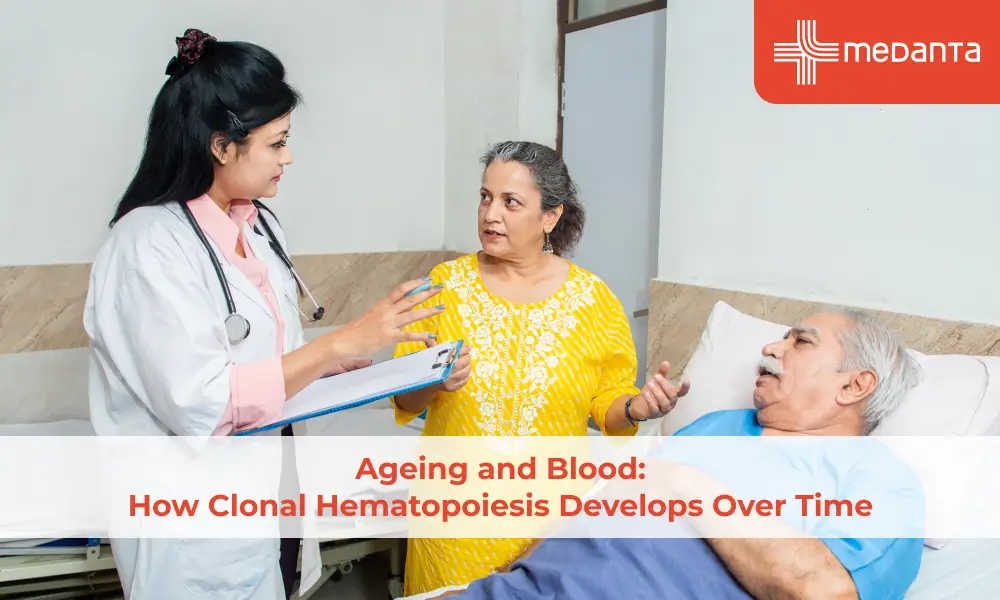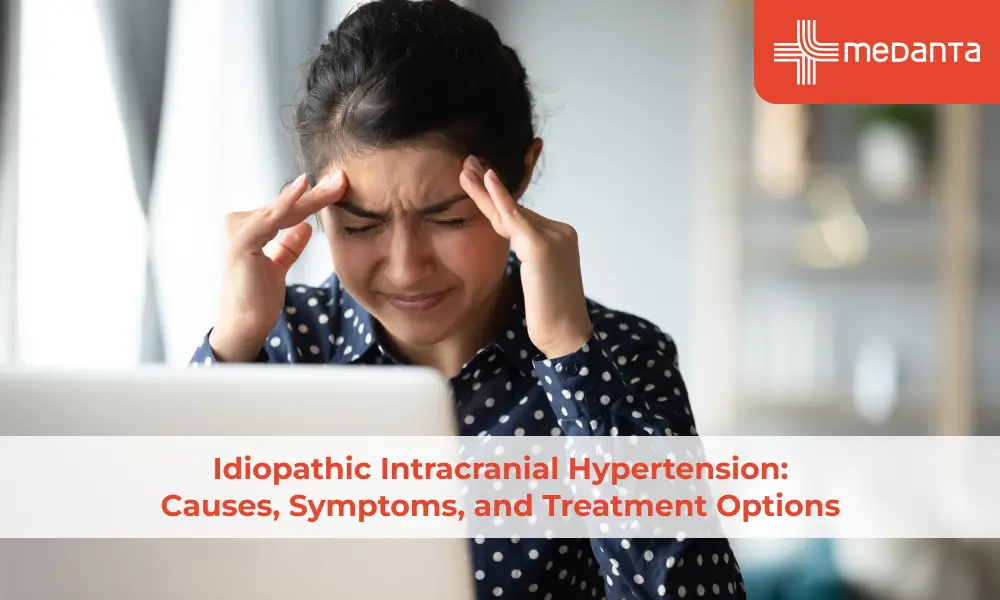Common Misconceptions About Chest Pain

Chest pain is one of the most distressing symptoms one can face. It often triggers significant anxiety because of its association with serious life-threatening conditions like myocardial infarction or Heart Attack in everyday language. The fear of chest pain is not entirely baseless in its own right. It can represent a multitude of diseases ranging from benign to severe. Differentiation between these possibilities is of paramount importance and can be achieved by a thorough clinical examination. Precise and timely clinical decisions are critical in ensuring the right course of action. Unfortunately, misconceptions regarding chest pain are rampant and can lead to undue panic, delays in seeking care, or even inappropriate management.
In this blog, we’ll explore some of the most common myths about chest pain and provide accurate information to help you better understand this symptom.
Myth 1: A Heart Attack is the Sole Reason for Your Chest Pain
Though a heart attack is one of the most feared causes of chest pain, and rightly so, given the serious life-threatening consequences, it is not the sole cause of chest pain. The chest is a complex area housing various organs; pain can originate from any of them.
Some of the Common Non-Cardiac (not originating from the heart) Causes of Chest Pain include:
Musculoskeletal Issues: Strained chest muscles, costochondritis (inflammation of the cartilage joining our ribs to the breastbone or sternum), and rib fractures can all cause chest pain that may mimic cardiac pain.
Gastrointestinal Causes: Acid reflux, esophagitis, hiatal hernia, or even gallbladder problems can lead to a burning or squeezing sensation in the chest, often confused with heart pain.
Pulmonary Causes: Lung conditions such as pneumonia, pulmonary embolism, pleuritis (inflammation of the lung lining), or even a collapsed lung (pneumothorax) can manifest as chest pain.
Psychological Causes: Anxiety and panic attacks are significant culprits, often presenting as tightness or pressure in the chest, accompanied by rapid breathing and a sense of doom.
Takeaway:
One should not attribute all chest pain to heart-related disease, but nevertheless one should never ignore it outrightly. A thorough clinical evaluation by an expert doctor is necessary to determine the root cause and guide appropriate treatment.
Myth 2: Chest Pain Only Affects Your Chest
Chest pain often radiates beyond the chest, particularly in heart-related conditions, when chest pain can travel to other parts of the body.
Patterns of Referred Pain:
Heart Attack: Pain may radiate to the left arm, jaw, neck, back, or even the abdomen.
Gastrointestinal Causes: Acid reflux or gallbladder issues can cause pain that spreads to the throat or shoulder blades.
Nerve-Related Pain: Conditions like shingles (herpes zoster) can cause pain that follows a specific nerve pathway across the chest and back.
Takeaway:
Any chest pain radiating to areas other than the chest should not be ignored, especially if the patient is experiencing other symptoms like shortness of breath, sweating, or dizziness.
Myth 3: Heart-Related Chest Pain Feels the Same for Everyone
We are made to believe through movies and dramas that heart-related chest pain always manifests as a crushing or squeezing sensation in the centre of the chest. However, heart-related discomfort can vary significantly between individuals and even between genders.
Variations in Symptoms:
Men vs. Women: Female patients are more likely to present with atypical symptoms. These may include symptoms such as nausea, fatigue, or a general sense of unease instead of classic retrosternal (behind the breast bone) chest pain.
Diabetic Patients: People with diabetes may have silent or minimal symptoms due to nerve damage, leading to a delayed diagnosis.
Individual Perception: How each patient perceives pain varies widely. Mild discomfort to one may be unbearable for the other.
Takeaway:
One should never dismiss unusual symptoms or assume chest pain has to follow a textbook pattern. Any unexplained discomfort should prompt adequate medical attention.
Myth 4: Aspirin Can Help with Chest Pain
Commonly proclaimed as a miracle drug for chest pain, Aspirin is sometimes indiscriminately used. Its use should be nuanced and guided by a medical professional.
When Aspirin Helps:
Aspirin is beneficial in heart attack cases not because it’s a pain killer but because it prevents blood clots from worsening. If a heart attack is strongly suspected, taking Aspirin under emergency guidance may help.
When Aspirin Doesn’t Help:
Aspirin is not effective for chest pain caused by musculoskeletal issues, acid reflux, or anxiety and can aggravate the problem, particularly in acid reflux. Misuse can lead to unnecessary complications like gastrointestinal bleeding.
Takeaway:
Do not self-medicate with Aspirin unless directed by a healthcare provider. If you suspect a heart attack, call emergency care services immediately and follow the instructions provided to you. It may be prudent to take the patient to the nearest medical facility for an evaluation.
Myth 5: You Can’t Do Anything About Your Chest Pain
Many people believe that chest pain means something has already gone wrong with their body, and they just have to deal with the consequences. This misconception can be quite harmful, as it may lead to unwanted delays in seeking timely medical care. With timely intervention, most Chest pains can be managed effectively.
Steps You Can Take:
Seek Immediate Medical Attention: If your chest pain is sudden, severe, or accompanied by symptoms like shortness of breath, seek emergency care.
Lifestyle Modifications: Addressing risk factors like high blood pressure, cholesterol, and smoking can prevent many causes of chest pain.
Medication and Therapy: Conditions like acid reflux, anxiety, or angina can be effectively managed with medications and lifestyle changes.
Follow-Up Care: Chronic or recurrent chest pain may require repeated visits to an experienced doctor who will systematically search for the root cause by doing necessary tests like ECGs, stress tests, imaging studies, echocardiography, stress tests, etc.
Takeaway:
Chest pain is not a situation to ignore or endure. Early intervention can save lives and significantly improve outcomes.
Myth 6: Chest Pain is More Common in Elders
Older adults may be at a relatively higher risk for conditions like heart attacks and, hence, are more likely to have chest pain due to serious disorders of the heart. Nevertheless, chest pain can affect individuals of all age groups. However, younger patients may have a more benign cause of chest pain. These may include:
Causes in Younger Individuals:
Musculoskeletal Strain: Common in active individuals or those with poor posture.
Anxiety Disorders: More prevalent in younger populations due to stress and lifestyle factors.
Congenital Heart Issues: Conditions like hypertrophic cardiomyopathy can cause chest pain during exercise.
Recreational Drug Use: Substances like cocaine can lead to chest pain even in otherwise healthy young people.
Takeaway:
Chest pain should not be dismissed outrightly as benign in young patients. An evaluation by an experienced physician should be sought before labelling chest pain as benign.
The Importance of Clinical Decision-Making
Accurate and timely diagnosis of the cause of chest pain is critical for good outcomes. It requires a detailed review of the medical history, a thorough clinical examination, and judicious use of blood tests and diagnostic tools like ECG, Echocardiography, radiological imaging and stress tests. Importantly, each patient is unique, and a one-size-fits-all approach does not apply to chest pain management. Understanding the truth behind these common myths can help individuals to seek timely medical care.
Stay informed and stay safe! Request an appointment with Medanta cardiac care department for an in-depth diagnosis of your chest pain and learn more about your health condition!






